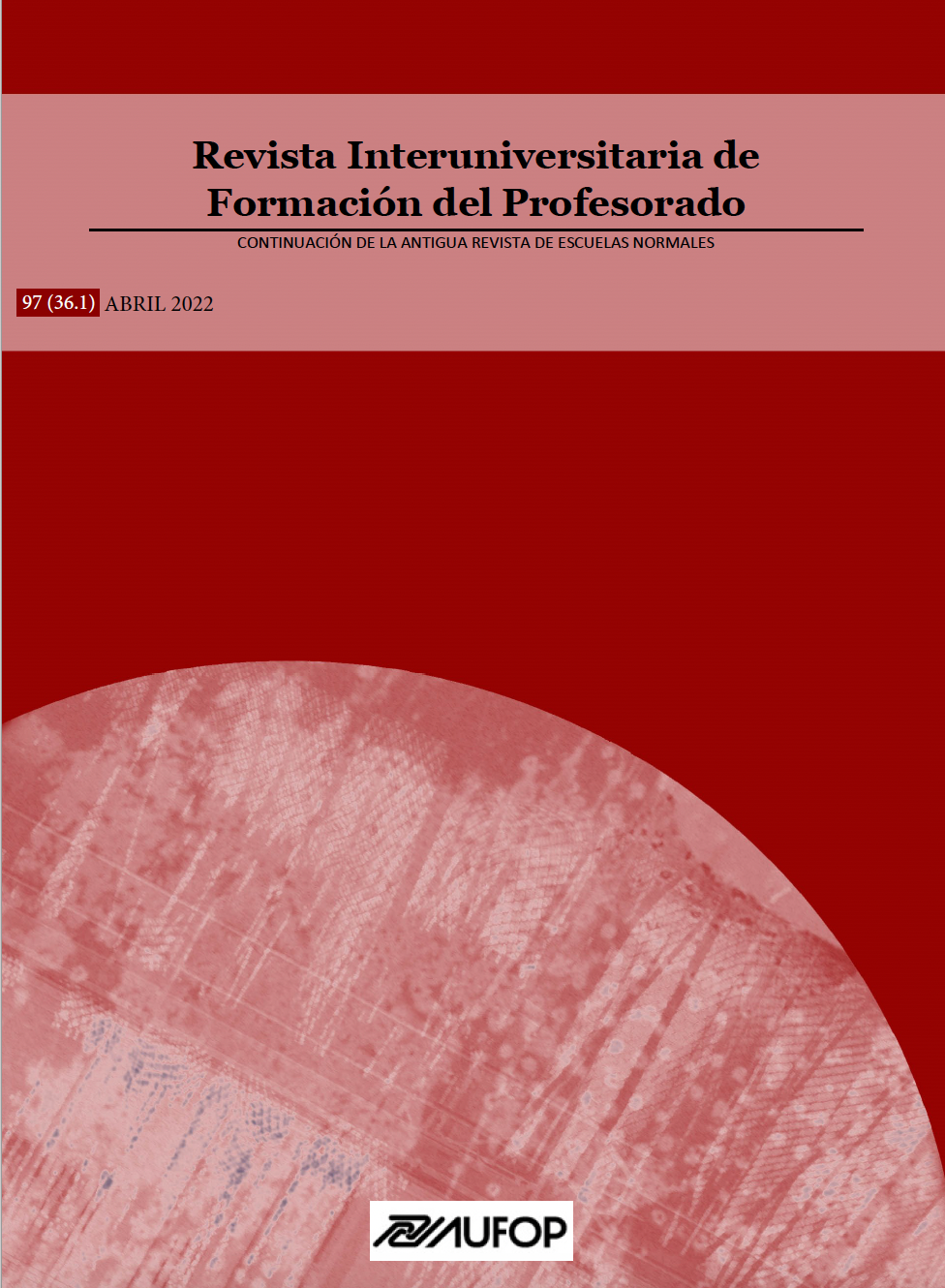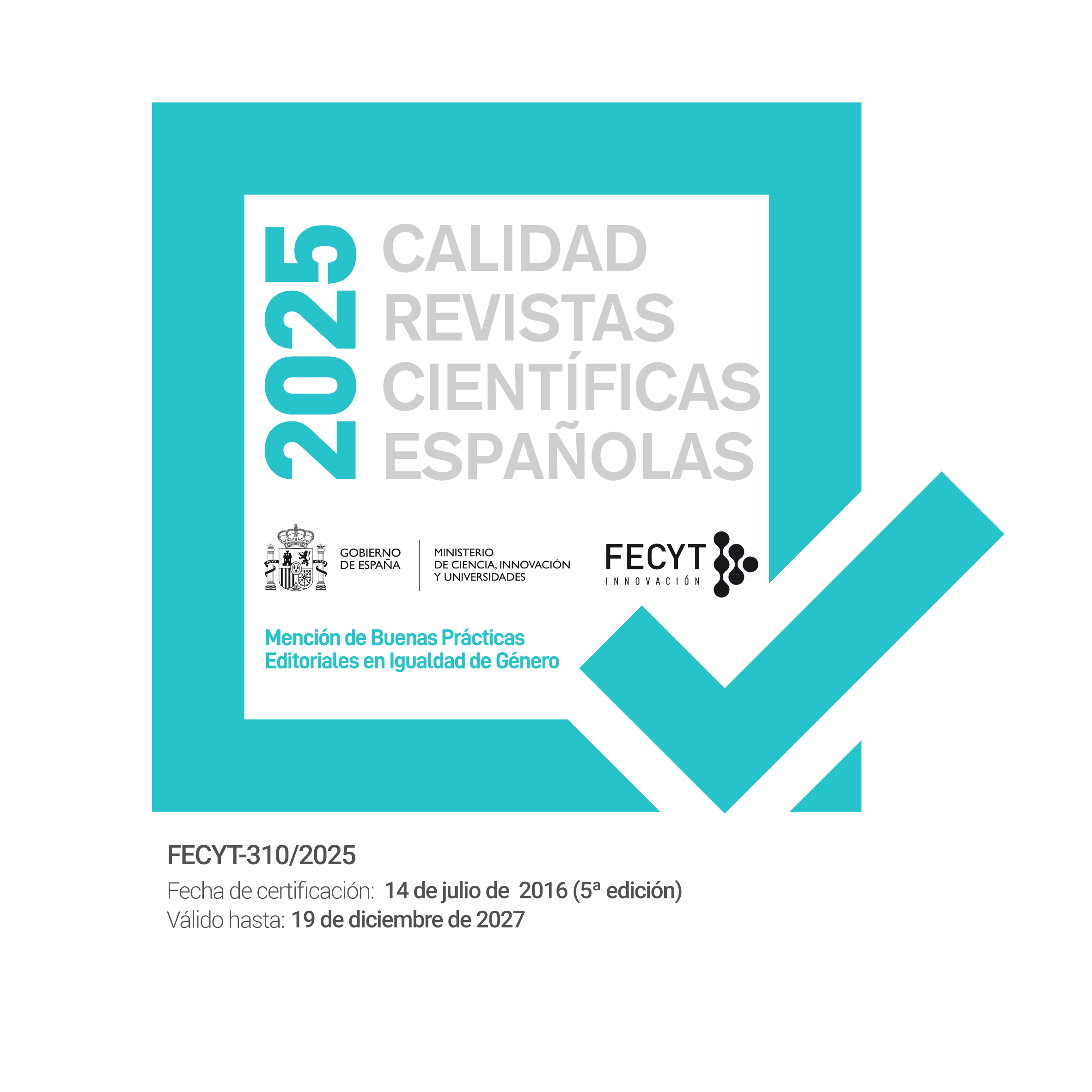Emotions in science during the initial training of Early Childhood and Primary Education teachers.
DOI:
https://doi.org/10.47553/rifop.v97i36.1.92426Abstract
The first part carries out a review of different studies related to emotions in the teaching and learning of science during the initial training of Early Childhood and Primary Education prospective teachers. Emotions towards sciences are positive in Primary Education. In Secondary Education the emotions towards biology and geology are positive whereas they are negative towards physics and chemistry, finding differences according to gender. In relation to teachers in training, the memory of their emotions experienced in their school stage towards sciences is transferred to those they predict they will feel and to those they really feel when teaching these subjects, and there is a relationship with other affective dimensions. The emotions experienced by the teachers in training, besides being mainly attributed to the teacher, the content and to themselves as students, are part of the teacher’s pedagogical content knowledge. The second part of the article shows three interventions carried out in the initial training of Early Childhood and Primary Education teachers, where the evolution of the emotions experienced before and after each activity is analyzed. New lines of research are suggested to deepen the taxonomy of epistemological emotions. To conclude, implications for initial teachers training are presented.
Downloads
Published
How to Cite
Issue
Section
License
The "Revista Interuniversitaria de Formación del Profesorado (RIFOP)", with ISSN print 0213-8646 and ISSN electronic 2530-3791), adheres to the copyright notices proposed by Creative Commons
Authors’ rights
Papers published in the journal are subject to the following terms:
1. The Asociación Universitaria de Formación del Profesorado (AUFOP) is the editor of the RIFOP and holds the copyright of the papers published therein. The reuse of these is allowed under the license for use as indicated under point 2.
© Asociación Universitaria de Formación del Profesorado (AUFOP)
2. The papers are published in electronic version under the license CreativeCommons Reconocimiento-NoComercial-SinObraDerivada 3.0 España (texto legal). Papers can be copied, used, disseminated, transmitted and publicly exhibited provided that: i) the authorship and original publication source are cited (journal, editors and URL of the paper); ii) they are nit used for commercial gain; iii) the existence and specifications of the license for use are mentioned.
3. Auto-archiving conditions. Authors are allowed and encouraged to disseminate electronic pre-print versions (versions prior to peer review) and/or post-print (versions reviwed and accepted for publication) of their papers prior to their publication, since this favors prompt circulation and dissemination and supposes a possible increase in cites and scope within the academic community.
Privacy declaration
The names and email addresses incorporated into this journal will be used solely for the declared purposes of the journal and will not be available for any other purposes or to third parties.






